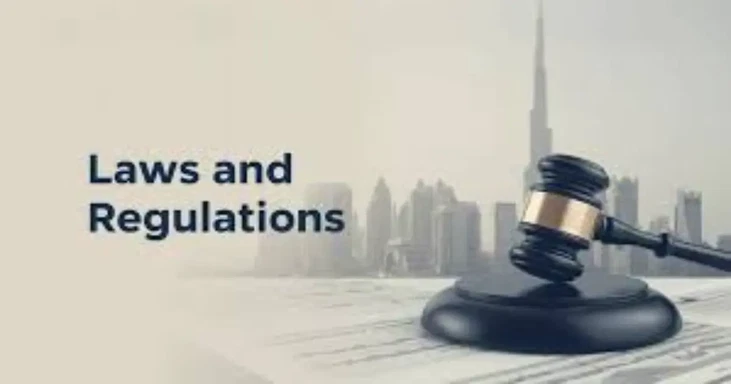
Dubai Real Estate Laws and Regulations 2026 - Updates and Insights
Published :
Last Updated :

Published :
Last Updated :
The blend of luxury, innovation, and high returns in the real estate market is making the city of Dubai remain a beacon for global investors, residents, and developers in the year 2026. Opportunity is accompanied by responsibility; the property laws and regulations in Dubai are too complex to break without being subjected to expensive errors.
This blog not only decomposes the latest news but also explains the role of the major authorities and underlines the practical steps that will help to remain in compliance so that the investors and buyers can proceed with an optimistic attitude to the fast-evolving property market in Dubai.
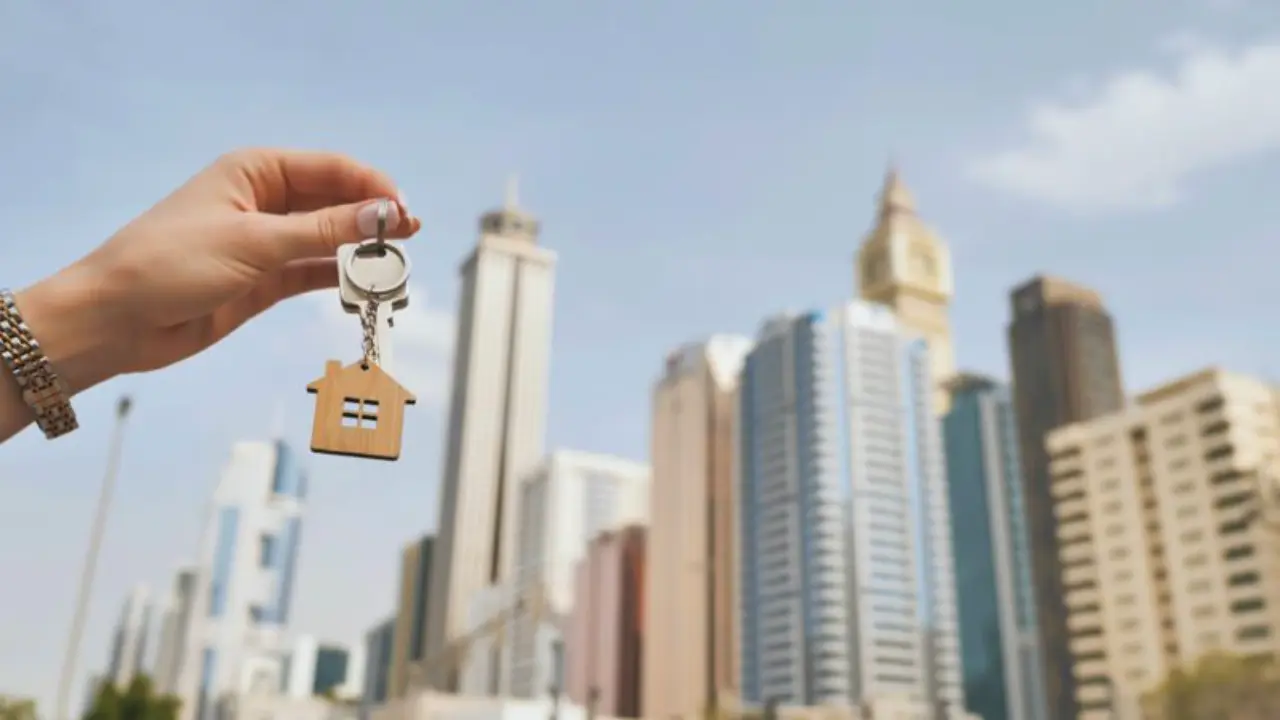
The Dubai property ownership is subject to Law No. 7 of 2006. It permits UAE citizens as well as GCC citizens to own property in every location in Dubai, though foreigners are only allowed to own freehold property in specific designated zones or leasehold with a period of not more than 99 years.
In the freehold areas, foreigners and firms are allowed to own property. Fully foreign-owned companies can also buy property in particular zones after the UAE's 100 per cent foreign business ownership reforms (2020). Moreover, property investment is still associated with a residency visa, whereby certain thresholds are provided, and a renewable long-term visa is provided to investors who qualify.
The relationships in tenancy are governed by Law No. 26 of 2007 (amended). This legislation specifies rental contracts, eviction policies, and conflict resolution. The cost of rent rise should be in accordance with the RERA rental index and limited by decree. The registration of all tenancy contracts with Ejari is necessary.
The developers are required to submit new developments to the Dubai Land Department (DLD) in accordance with Law No. 8 of 2007. They should also have an escrow account (Law No. 8 of 2007) whereby the money collected by the buyer is not disbursed to any other project.
According to Law No. 7 of 2006, all transactions involving property should be registered by the DLD. To receive a title deed, have to pay the usual 4% stamp fee over the value as well as administrative fees. The rights to ownership are not registered in the court.
By default, the personal status law (Federal Law No. 28 of 2005) provides the control of inheritance according to the Sharia principles. The UAE regulations operate in compliance with Sharia.
While inheritance laws in the country are applicable to all nationals, foreign nationals can register their wills with the DIFC Wills Service Center. This unfolds a liberated path for foreigners to transfer the real estate according to their desire or traditions from the origin country. Moreover, succession planning is strictly spearheaded in the United Arab Emirates to prevent heirs from possible challenges in the future.
For multi-unit developments such as apartments and townhouses, or any other jointly owned property, the Dubai Strata Law (Law No. 27 of 2007, presently called the Jointly Owned Property Law) regulates ownership and management of properties in jointly owned property.
The DLD was formed in 1960 as the main agent through which all property deals can be made in Dubai.
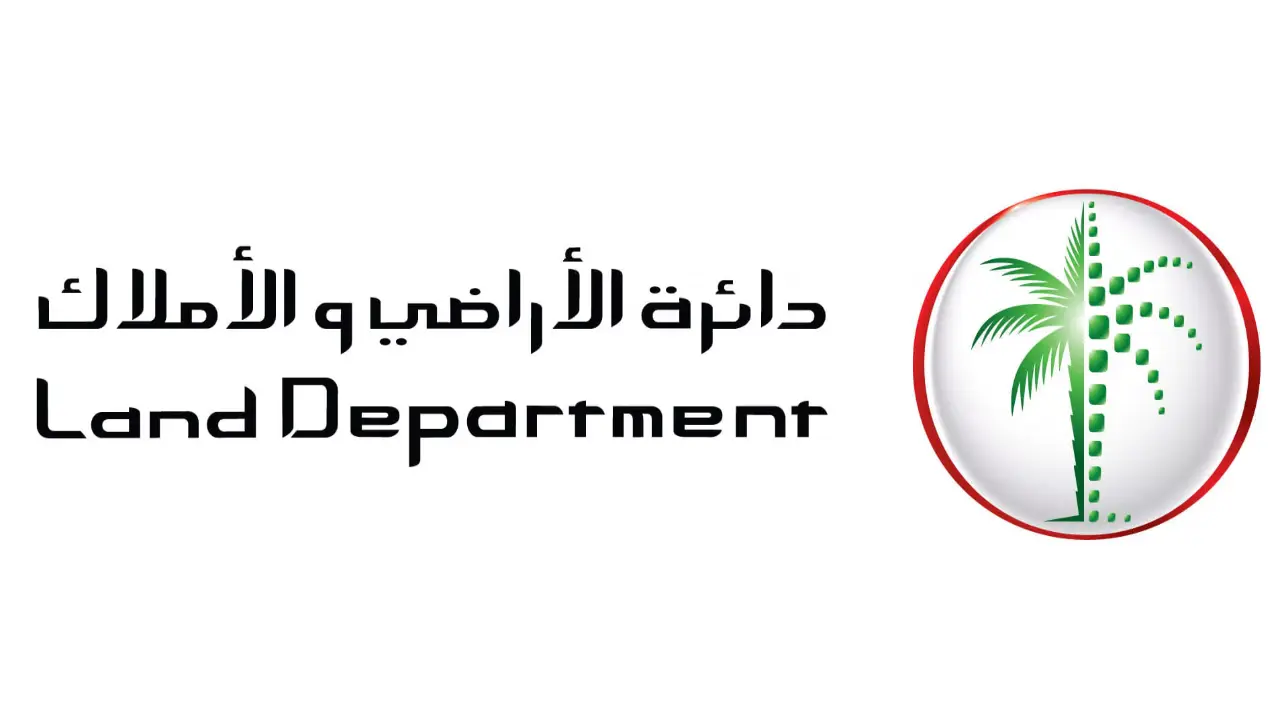
DLD is still making efforts to fully digitalize its property services, and most of the registration and title deeds are available online through smart applications.
It was developed in 2007 as a regulatory body of the DLD.
RERA has increased its control over compliance and the involved penalties to non-compliant developers, non-compliant brokers, and landlords
It was determined in Decree No. (26) of 2013.
The RDSC now allows filing online and virtual hearings, which has made the settlement of disputes faster.
Increasing adoption of the DIFC Wills Service Centre by expatriates to register documents of inheritance of Dubai property.
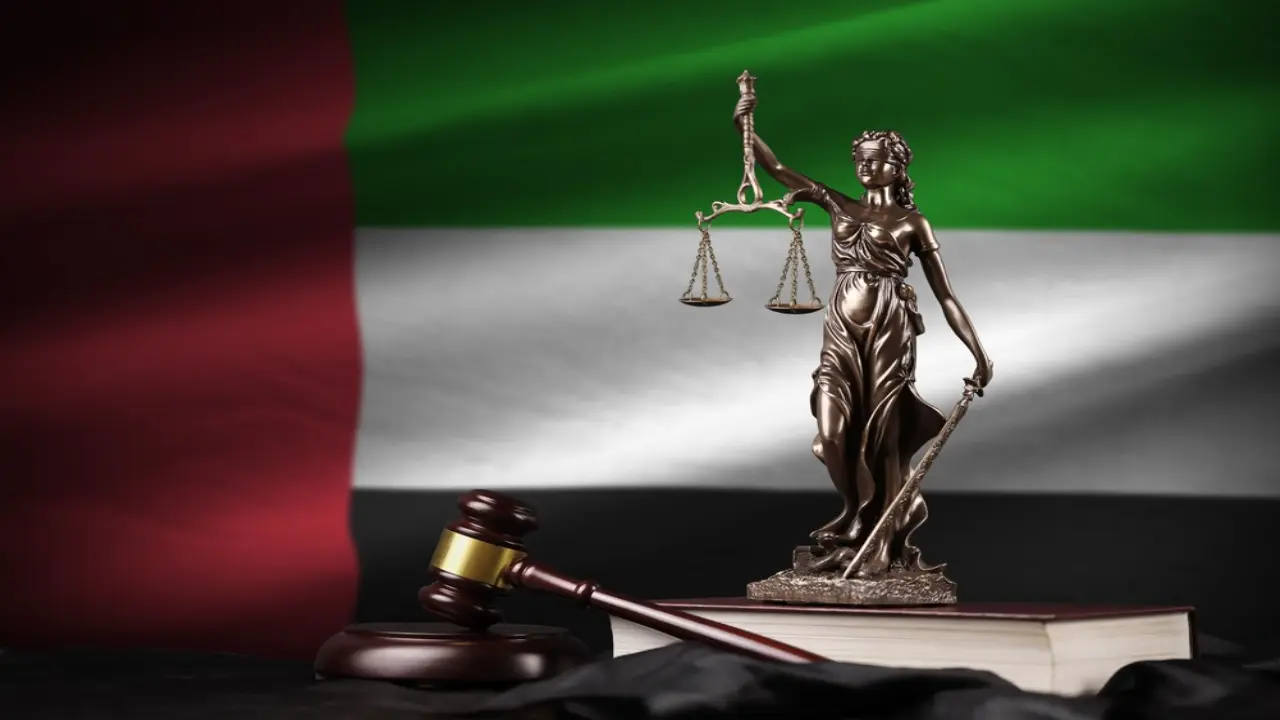
The UAE is rapidly emerging as a global destination for real estate investments, thanks to an abundance of off-plan ventures, specifically those dotted in main regions (Abu Dhabi and Dubai). Given the growing real estate activity, the estate has formulated several stringent laws, keeping the diverse ecosystem a thriving hub for buyers. Buyers interested in off-plan project are protected in various aspects:
The Dubai real estate market in 2026 is one of the most appealing in the global market, yet success will come with the knowledge of pursuing the Law. Under ownership regulations as well as tenancy, escrow, and project management, safe investment is based on compliance.
Be it when purchasing, leasing, or developing a property, it is important not to fall behind in terms of the laws that are in place. Through adequate due diligence and legal advice, an investor in the vibrant market of Dubai is assured to have confidence and growth opportunities, as well as a stable position in the long term.

Your gateway to offline planning in the digital realm. Discover a world of real estate opportunities through our immersive offline property website experience
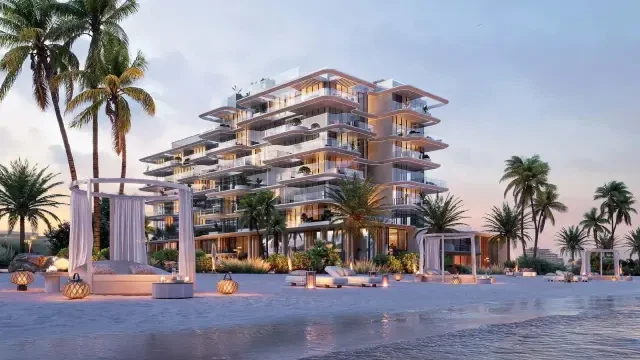
Apartments
Penthouses
Townhouses
AED 2,500,000
Dubai Islands
1, 2 & 3
898 - 3312 Sq Ft
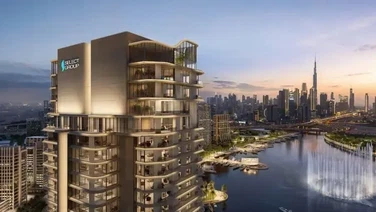
Apartments
Penthouses
Duplexes
AED Coming soon
Dubai Design District
1, 2, 3 & 4
738 - 7767 Sq Ft
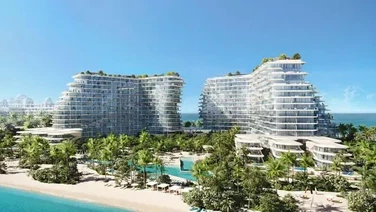
Apartments
Penthouses
Mansions
AED Coming soon
Palm Jumeirah
2, 3, 4, 5 & 6
1541 - 12382 Sq Ft

Villas
AED 16,550,000
The Oasis
4, 5 & 6
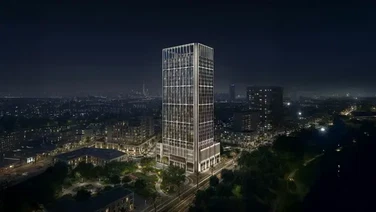
Apartments
Studios
AED 766,999
Jumeirah Village Triangle
Studio, 1 & 2
336 - 1859 Sq Ft
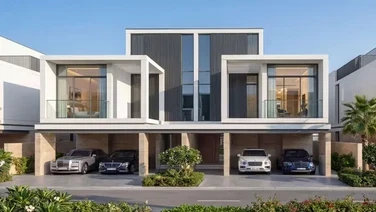
Villas
AED Coming soon
Sobha Sanctuary
4 & 5
2520 - 4154 Sq Ft

Apartments
Penthouses
Townhouses
AED 2,500,000
Dubai Islands
1, 2 & 3
898 - 3312 Sq Ft

Apartments
Penthouses
Duplexes
AED Coming soon
Dubai Design District
1, 2, 3 & 4
738 - 7767 Sq Ft

Apartments
Penthouses
Mansions
AED Coming soon
Palm Jumeirah
2, 3, 4, 5 & 6
1541 - 12382 Sq Ft

Apartments
Studios
AED 766,999
Jumeirah Village Triangle
Studio, 1 & 2
336 - 1859 Sq Ft

Apartments
Studios
AED Coming soon
Damac Lagoons
Studio, 1 & 2
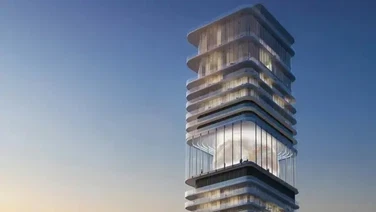
Apartments
Penthouses
Duplexes
AED 3,600,000
Downtown Dubai
1, 2, 3, 4, 5 & 6

Commercial
AED Coming soon
Damac Lagoons
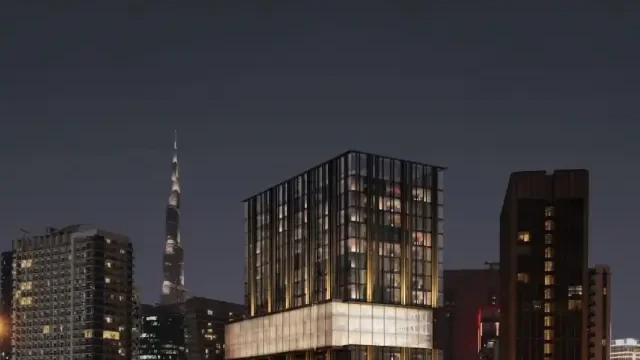
Commercial
AED Coming soon
Business Bay
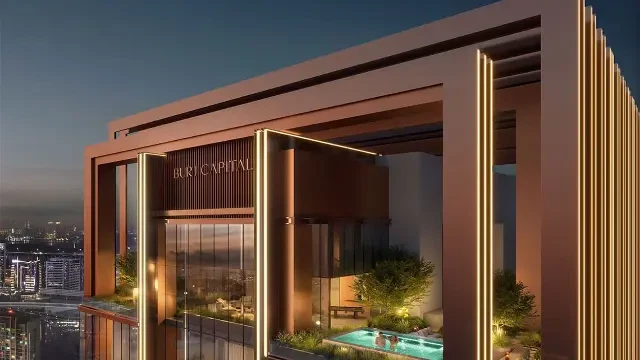
Commercial
AED Coming soon
Business Bay

Apartments
Commercial
Penthouses
AED 2,000,000
Meydan
1, 2 & 3
640 - 4244

Apartments
Commercial
AED 1,900,000
Sheikh Zayed Road
1, 2 & 3
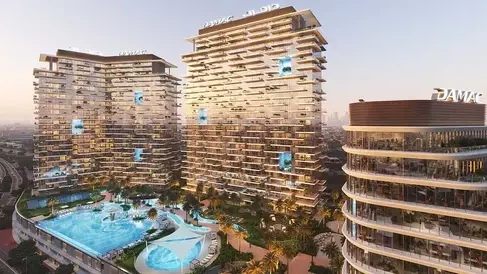
Apartments
Commercial
AED 1,142,000
Damac hills
1 & 2
740 - 6588 Sq Ft

Apartments
Penthouses
Duplexes
AED Coming soon
Dubai Design District
1, 2, 3 & 4
738 - 7767 Sq Ft

Apartments
Penthouses
Duplexes
AED 3,600,000
Downtown Dubai
1, 2, 3, 4, 5 & 6
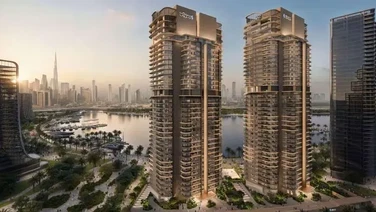
Apartments
Penthouses
Duplexes
AED 2,300,000
Dubai Design District
1, 2, 3 & 4
741 - 1988 Sq Ft
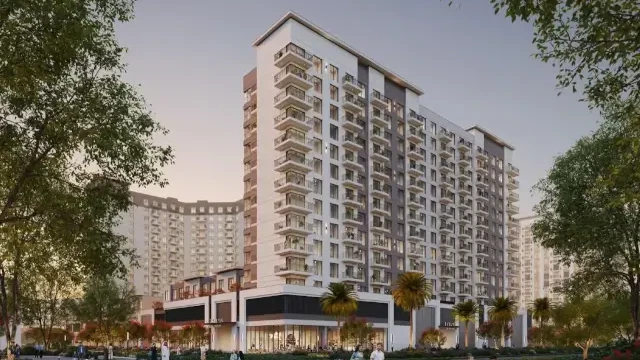
Apartments
Duplexes
AED 1,069,888
Town Square Dubai
1, 2 & 3
609 - 1808 Sq Ft
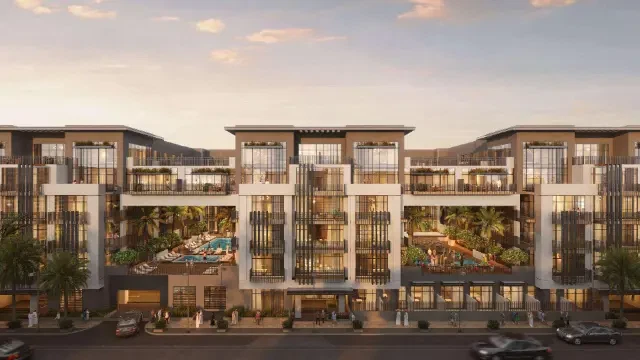
Apartments
Duplexes
Studios
AED 800,000
Jumeirah Village Circle
Studio, 1, 2 & 3
496 - 2,888 Sq Ft

Apartments
Duplexes
AED Coming soon
Dubai Islands
1, 2, 3 & 4
767 - 4,784 Sq Ft

Apartments
Penthouses
Mansions
AED Coming soon
Palm Jumeirah
2, 3, 4, 5 & 6
1541 - 12382 Sq Ft
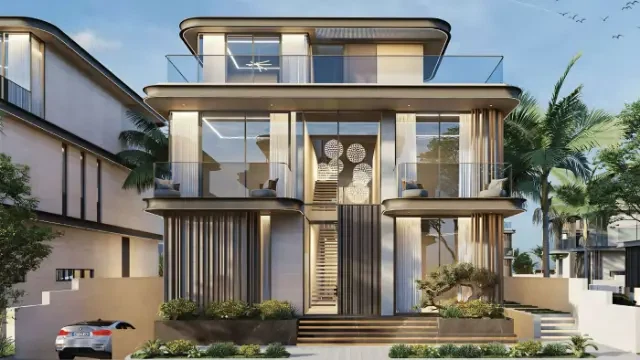
Villas
Mansions
AED 20,000,000
Mohammed bin Rashid City
5 & 6
13,007 - 13,568 Sq Ft
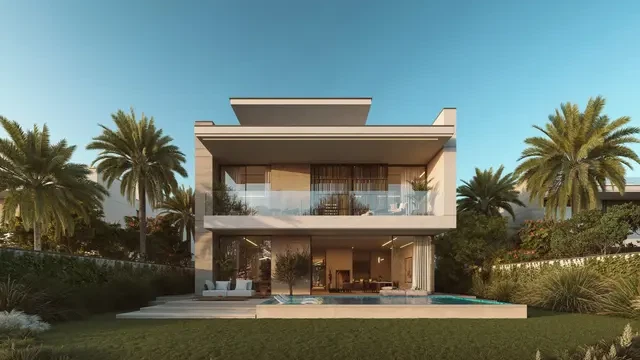
Villas
Mansions
AED 11,800,000
Jumeirah Golf Estates
4, 5 & 6
6069 - 10762 Sq Ft
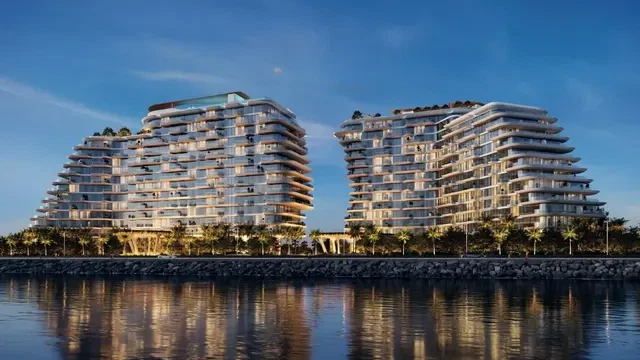
Apartments
Penthouses
Mansions
AED 5,500,000
Palm Jumeirah
1, 2, 3, 4, 5 & 6
940 - 11830 Sq Ft

Mansions
AED 65,000,000
Jumeirah
7
41550 - 49062 Sq Ft

Mansions
AED Coming soon
Tilal Al Ghaf
6 & 7

Apartments
Penthouses
Townhouses
AED 2,500,000
Dubai Islands
1, 2 & 3
898 - 3312 Sq Ft

Apartments
Penthouses
Duplexes
AED Coming soon
Dubai Design District
1, 2, 3 & 4
738 - 7767 Sq Ft

Apartments
Penthouses
Mansions
AED Coming soon
Palm Jumeirah
2, 3, 4, 5 & 6
1541 - 12382 Sq Ft

Apartments
Penthouses
Duplexes
AED 3,600,000
Downtown Dubai
1, 2, 3, 4, 5 & 6

Apartments
Penthouses
Duplexes
AED 2,300,000
Dubai Design District
1, 2, 3 & 4
741 - 1988 Sq Ft
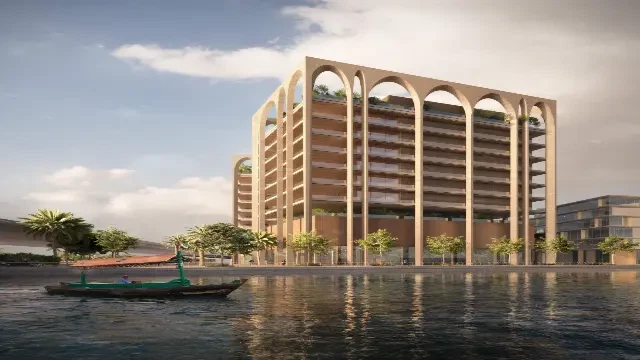
Apartments
Penthouses
AED 138,000,000
Jumeirah 2
2, 3 & 4
4,756 - 9,867 Sq Ft

Apartments
Studios
AED 766,999
Jumeirah Village Triangle
Studio, 1 & 2
336 - 1859 Sq Ft

Apartments
Studios
AED Coming soon
Damac Lagoons
Studio, 1 & 2
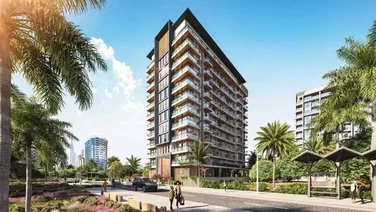
Apartments
Studios
AED 580,000
Dubai Land Residence Complex
Studio, 1 & 2
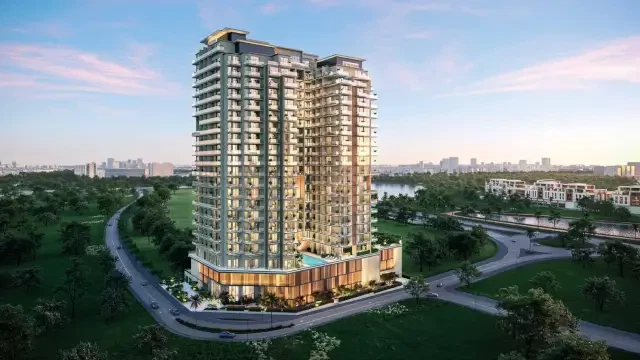
Apartments
Studios
AED 650,000
Dubai Production City
Studio, 1, 2 & 3
404 - 2092 Sq Ft
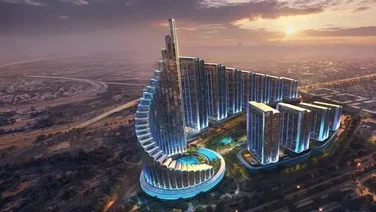
Apartments
Studios
AED 1,600,000
Meydan
Studio, 1, 2 & 3
370 - 1568 Sq Ft
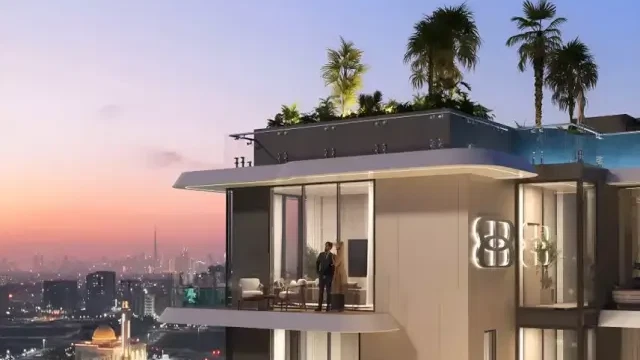
Apartments
Studios
AED 949,000
Dubai Land Residence Complex
Studio, 1, 2 & 3
550 - 2207 Sq Ft

Apartments
Penthouses
Townhouses
AED 2,500,000
Dubai Islands
1, 2 & 3
898 - 3312 Sq Ft

Villas
Townhouses
AED Coming soon
Dubailand
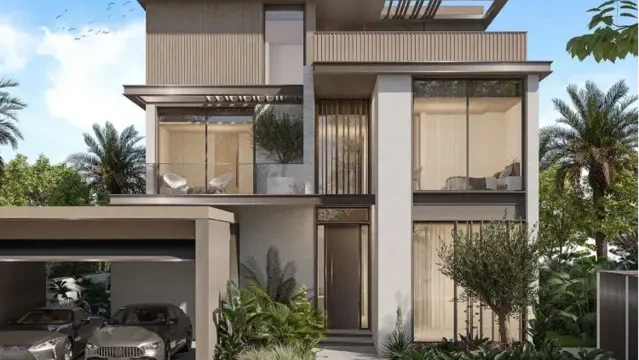
Villas
Townhouses
AED 6,150,000
Nad Al Sheba
3, 4 & 5
3252 - 5650 Sq Ft
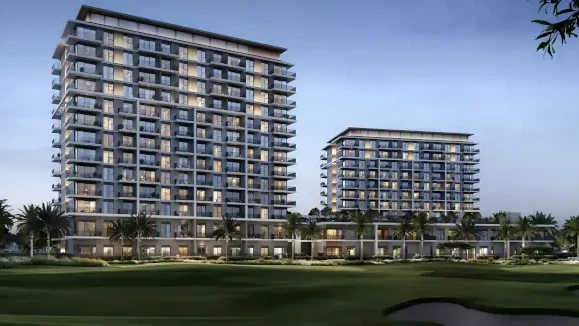
Apartments
Townhouses
AED 1,270,000
Emaar South
1, 2 & 3
788 - 2728 Sq Ft
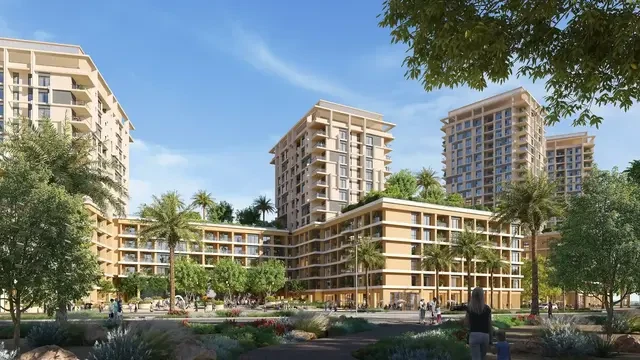
Apartments
Studios
Penthouses
Townhouses
Duplexes
AED 900,000
Wasl Gate
Studio, 1, 2, 3 & 4
523 - 1982 Sq Ft

Villas
Townhouses
AED Coming soon
Dubai Investments Park

Villas
AED 16,550,000
The Oasis
4, 5 & 6

Villas
AED Coming soon
Sobha Sanctuary
4 & 5
2520 - 4154 Sq Ft
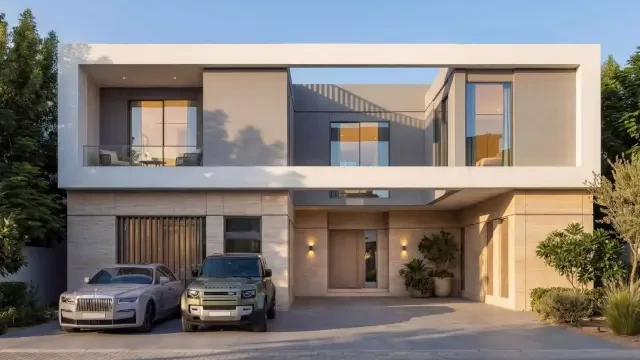
Villas
AED Coming soon
Sobha Sanctuary
4, 5 & 6
4905 - 7191 Sq Ft
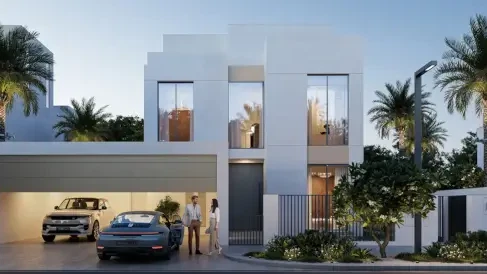
Villas
AED Coming soon
The Heights Country Club & Wellness
3, 4 & 5

Villas
AED Coming soon
Nad Al Sheba
3, 4, 5 & 6

Villas
Townhouses
AED Coming soon
Dubailand
Subscribe to our Daily, Weekly and Monthly Newsletters, Expert Advice and Latest Launch with Zero Spam, Unsubscribe Anytime.